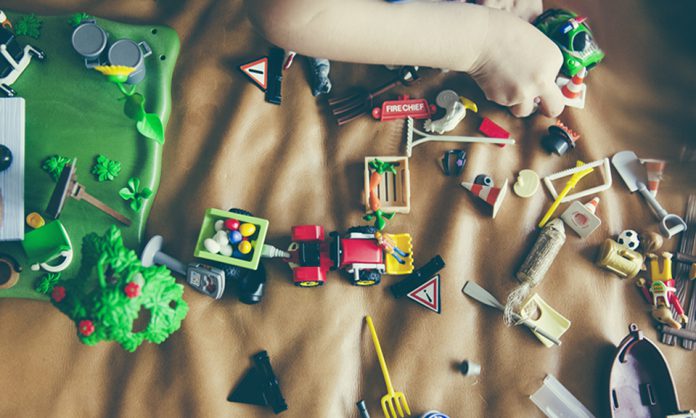By Celine Villadares
Parents, have you ever wondered where your child gets all the energy when he plays? Due to hustle bustle of today’s society you probably just let your child play as much as he wants, as you click on the next project that you need to submit or attend to an after-office work that needs to be finished and endorsed. But let me tell you this, you are doing it right! It’s a win-win situation in that case; here are some of the top benefits of a child’s play and why it is necessary for the growth and development of every child:
1. A child’s play is physically healthy
Any kind of game or play for a child would require them to move around and exert effort; therefore, it is equivalent to the physical exercise that we can think of. Let’s admit it, children nowadays don’t play games like the old days, many kids have been glued to their gadgets leading to higher obesity rate, might I add numerous junk food that is available in the market? Play counters the possibility of obesity in children.
2. A child’s play reduces stress
Just like vacation leads to relaxation for adults, children find play time as their way of destressing themselves. What are they stress about? There are a lot of “little” things that can upset them. So, through play, they can have an outlet of those little anxieties. 🙂
3. Play deals with holistic well-being of the child
Holistic development deals with cognitive (thinking), social (interaction) and behavioral progress. A child’s play requires the little ones to use all of these aspects in their well-being and help them towards a healthier growth! May I add the better development of language as well? Yes!
4. Outdoor activities build good childhood memories
Well, kids need to have that moment of excitement towards something; may it be a group activity outdoor or a play time with the whole family! Eventually, you’d hear them telling all these fun stories about how they managed to win—or maybe lose? But who cares?, they had a great time and that’s what’s important.
5. Develops natural instincts in pressured situations.
It is uncommon not to see fights and arguments amongst children. Now, this becomes an opportunity for children to practice learned behavior on how to deal with “little” conflicts, and maybe adjust accordingly to settle disagreements.
6. Play is a child’s work
Just as adults go to work to exercise their skills, children exercise their skills too through play and games. Remember that this is their ground of exploration and application. Eventually when they have tested a certain method, they’d learn from it. Who knows, they might even share it with the others. Sharing is caring as they say. 🙂
So, the next time you see your children play, encourage them; secure them that you allow this kind of activity. Indeed, as formal education teaches our young generation a lot of things for their future, a child’s play teaches them many a great things too!





